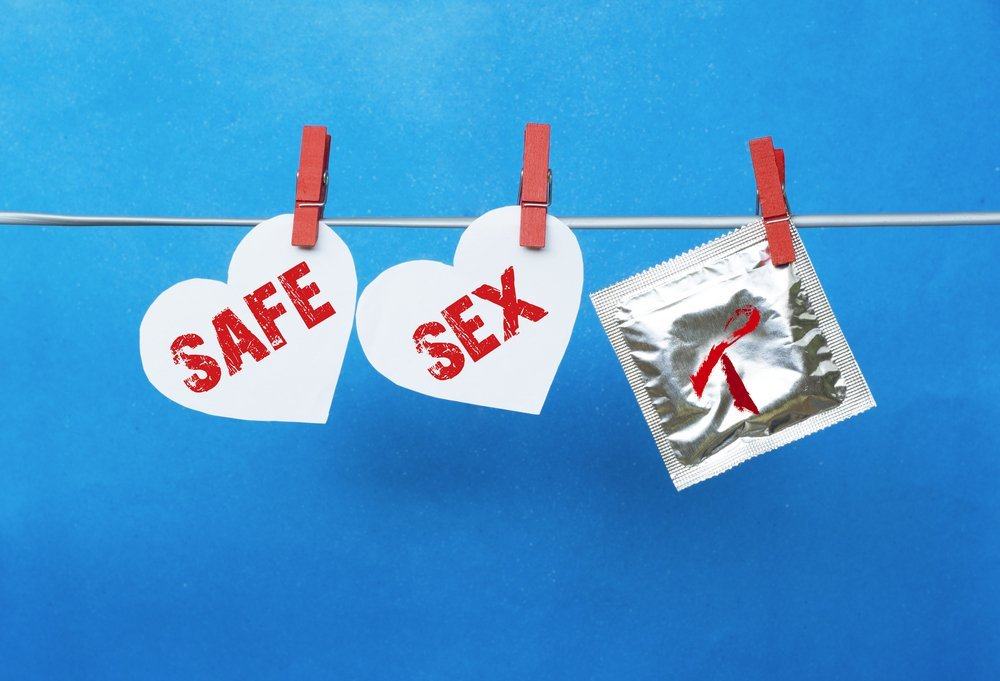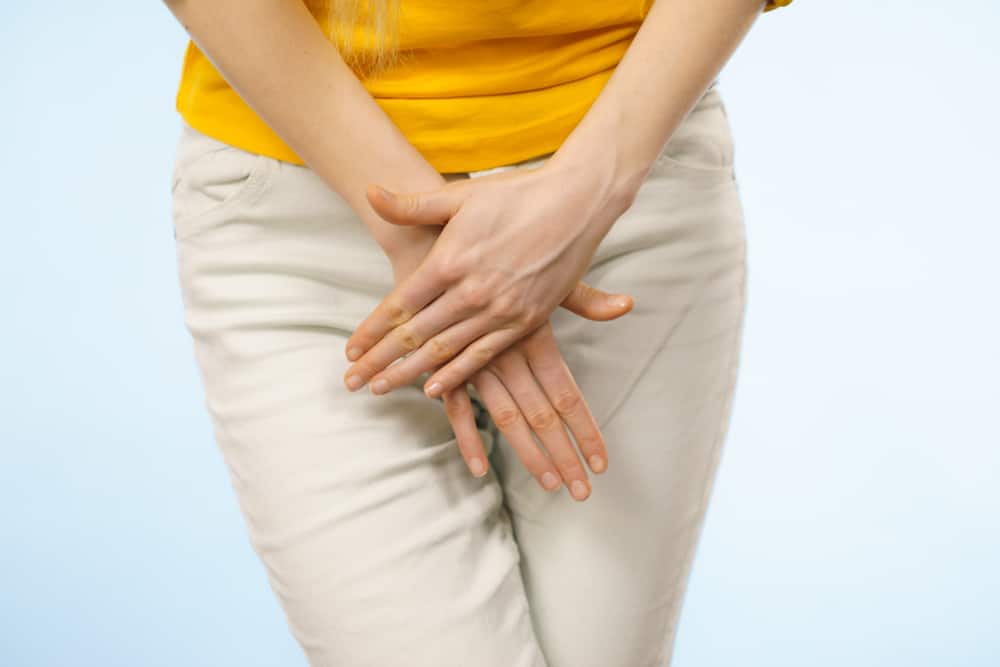Contents:
Medical Video: HIV | How Do You Get HIV? | StreamingWell.com
Can HIV be transmitted through oral sex? This is probably one of the most frequently asked questions for doctors and other health care providers.
Understanding how HIV can and cannot be transmitted is at the core of preventing new infections. HIV is a rapidly developing virus, but, fortunately, this virus can also be completely prevented. In this article, you can learn more about HIV transmission and how to reduce the risk of you, your partner, and other people getting infected with this virus.
Here are some key points to understand about HIV transmission through oral sex.
What is the risk of HIV through oral sex?
The Centers for Disease Control and Prevention (CDC) states that the chances of HIV-negative individuals getting HIV from oral sex with HIV-positive partners are very low. A person who receives oral sex is generally not at risk because he will only be involved in contact with saliva, which is not specifically transmitting HIV.
The risk of HIV transmission through oral sex between men-and-men, women-and-women, or male-and-female is very low because the mouth is an inhospitable environment for the HIV virus. Saliva contains enzymes that break down viruses and mucous membranes that are more protective of anal or vaginal tissue.
After semen passes through the mouth, stomach acid and enzymes in the esophagus kill the virus. So, swallowing or spewing out semen (pre-ejaculation is also included) can reduce your risk for HIV, compared to leaving it in your mouth.
You even have a very slim chance of getting HIV from oral sex if your HIV-positive partner is on medication and has a low viral load, and / or an HIV-negative partner using a condom and pre-exposure prophylaxis (PrEP). People who take prescribed HIV drugs can have very low amounts of virus in body fluids, which greatly reduces the risk of HIV transmission to their partners.
However, it is difficult to know the right risks because many people who have oral sex are also likely to be involved in anal or vaginal sex. There are also some documentation of cases where it appears that HIV can be transmitted orally and cases related to ejaculation that enter the mouth.
HIV can spread if the virus enters the bloodstream
Infectious venereal disease infections can only occur if one person involved in sexual activity is at risk of having a virus.
The concentration of the virus also determines whether the infection can occur. In the blood, for example, the virus becomes very concentrated. A small drop of blood is enough to infect someone. The concentration of the virus in blood or other fluids can change, in the same person, from time to time. However, it is important to note that HIV is a very fragile virus that will die quickly when exposed to light and air. Exposure to small amounts of dry blood or other infectious fluids is not a realistic risk as a method of HIV transmission.
Oral and gum health affects HIV transmission through oral sex
HIV transmission through sex is not enough just through contact between the skin and infected body fluids. HIV can enter the body through wounds or open wounds and by directly infecting cells in the mucous membrane. Healthy and intact skin does not allow HIV to enter the body because there is no gap that allows the virus to infiltrate into the body's system. HIV transmission through oral sex depends more on the health of the teeth and gums of each individual involved and the viral load of those who are HIV positive.
The risk of HIV transmission during oral sex is more centered on body fluids infected with HIV (semen, vaginal fluid, or blood) that find a way into the bloodstream of HIV-negative people through the mouth or throat, which is more likely to occur if there is inflammation of the mouth, bleeding gums, or the presence of sores or thrushes - also through piercing (especially recent), vaginal or penile wounds, oral contact with vaginal discharge or menstrual blood, and the presence of other sexually transmitted diseases. Brushing or flossing your teeth in two hours before engaging in unprotected oral sex will also increase your risk of HIV transmission.
Oral sex during menstruation has a high risk of HIV transmission
Doctors and researchers cannot ascertain how many people are infected with HIV through oral sex. Some concluded that almost no one had been infected with HIV from oral sex, but some other researchers found that there were as many as 3% of infections caused by oral sex. Reporting from AIDS Map, at the end of 2008, researchers looked at all available evidence and calculated that the risk of HIV transmission from oral sex was very low, but not at all zero.
If you are HIV-positive, there is a higher risk of transmitting the virus to your HIV-negative sex partner, if he is having oral sex with you. The risk will also increase if you have sexually transmitted infections that are not treated.
If you do not have HIV and you have oral sex with someone who has HIV, you will be more at risk of getting infected if you have canker sores, bleeding, cuts or abrasions in your mouth or gums. There is also more risk if you have an infection, including those that can be sexually transmitted, in the throat or mouth that causes inflammation.
For men, having a high concentration of viral load in the blood can also mean that viral load is also highly concentrated in semen. Although there is valid evidence that when men have an undetectable type of viral load in the blood it will usually also be reflected in semen, this is not always the case. Factors such as untreated sexually transmitted infections can cause viral load in semen to increase. Therefore, most doctors believe that you cannot assume that having an undetectable type of viral load makes you immune from transmitting the virus to other people. However, the risk of HIV transmission through oral sex from men who have an undetectable viral load is fairly low.
For women, HIV levels in vaginal fluids can vary. The virus concentration tends to be highest around the time of menstruation, when the HIV carrier cell is shed from the cervix most likely to be found in the vaginal fluid that comes out with blood. Therefore, oral sex will be more risky when done around the time of menstruation.
Oral sex in men and women, which is more risky?
The type of oral sex that is done makes a difference for increasing risk, are:
- HIV transmission includes risk and may occur during oral sex through receptive fellatio / blowjob (mouth-to-penis) technique, which means HIV-negative individuals have oral sex on HIV-positive partners
- HIV transmission is very low risk and may be impossible when oral sex is done through insertive fellatio / blowjob (mouth-to-penis) technique, which means HIV-negative individuals receive oral sex from HIV-positive partners
- There are very few reports of the possibility of HIV transmission through cunnilingus (oral sex performed on women). Biologically it is possible that HIV can be transmitted through HIV-negative individuals who have oral sex in HIV-positive women, but this is considered low risk.
- No documentation of HIV transmission cases in cases where a person is infected with HIV through receiving cunnilingus (vaginal stimulation) from an HIV-positive woman.
HIV will be at very high risk when the virus has contact with a more porous mucous membrane in the genitals, anus, and rectum which is an inefficient inhibitor of the pathway to enter HIV. Therefore, anal and vaginal sex has a higher risk of HIV transmission than oral sex.
Remember, even though the chances of HIV transmission from oral sex are very low, you can still easily contract other venereal diseases, especially gonorrhea and chlamydia. Safe sex practices using condoms eliminate all risks.
READ ALSO:
- What causes blood mixed with semen?
- 7 Types of Medical Examinations that Need to be Done Before Marriage
- Sex: Healing or Even Aggravating Headaches?












